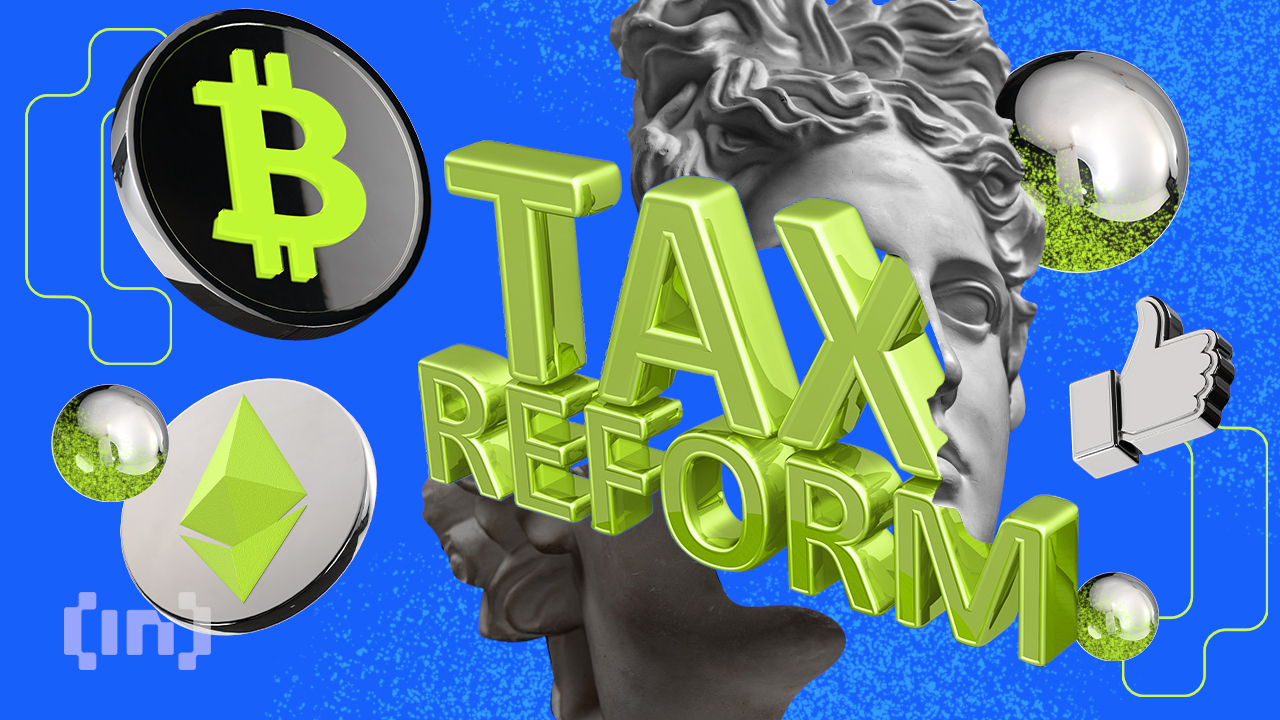

One of America’s most famous and enduring idioms came from the founding father, Benjamin Franklin. Whilst ruminating on his new country’s constitution, he hoped it would be durable. “But, in this world,” he said, “nothing is certain except death and taxes.” Unfortunately, he is still right.
Although, we speculate that maybe Franklin hadn’t heard of bear markets.
Since the explosion of crypto over the last fourteen or so years, tax has become a practical necessity. It is not advisable to hide your taxable crypto income from the state. In fact, tax evasion is highly illegal. (However, tax avoidance, which covers legal means to reduce your tax bill, is fine.)
The UK Government requires that you file a Self Assessment Tax Return online with His Majesty’s Revenue and Customs (HMRC) by January 31, 2023. This is the same date every year for those who receive income from self-employment or who make money from capital gains. (Capital gains is the name given to assets that have increased in value. In a tax context, this increase in value is usually taxed when the asset is sold. This is certainly the case for UK tax.)
Am I Eligible To Pay UK Tax?
Anybody who resides in the UK and holds crypto assets should legally be paying tax on those assets. Your cryptocurrency will most likely be subject to capital gains tax, which means you will have to pay taxes on the difference between what it cost you and what it sold for.
“Many investors don’t know that crypto-to-crypto trades are taxable,” says Miles Brooks, Director of Tax Strategy at CoinLedger.io, one of the leading crypto tax platforms. Miles also holds a Master’s degree in tax and is a Certified Public Accountant. “When you trade your crypto for another cryptocurrency, you’ll incur a capital gain or loss depending on how the price of the crypto you’re trading away has changed since you originally received it!”
Making purchases with crypto is also a taxable event. For example, let’s say you buy 15 SOL at $500. If you later decide to exchange your 15 SOL (which is now worth $600) for a new television, the $100 increase in SOL’s value is eligible for capital gains tax.
You must also declare when you are paid your salary or wages in crypto, just like you would with fiat.
Despite the name ‘cryptocurrency,’ The UK tax authorities do not consider crypto assets to be money or currency. HMRC treats crypto as tangible assets like shares and will be taxed similarly. Crypto investors who earned more than £1,000 in crypto income or more than £12,300 in crypto capital gains must submit a Self Assessment Tax Return to HMRC.
2022 was a bad year for crypto owners, to put it mildly. So what if your crypto lost value rather than gained it? “You can use them to reduce your tax bill,” says Miles. “Capital losses can offset your capital gains for the year. If you have a net loss, you can carry it forward into future tax years.”
From Jan 1, the UK has also introduced a tax exemption for foreign investors purchasing crypto through local investment managers.
However, there is no tax for simply holding your crypto!
What Pitfalls Should You Be Aware Of?
Crypto and other digital assets are still a relatively new asset class. But while the issuers of these assets may not take your tax obligations into account, HMRC certainly does. Crypto (and DeFi, in particular) is still relatively complex. Most protocols aren’t yet putting tax simplicity at the top of their agenda.
This is something you should keep in mind throughout the year. “Because DeFi protocols don’t provide tax forms to users, tax reporting can be problematic,” says Miles. Investors who’ve interacted with multiple DeFi protocols often have trouble keeping track of their gains, losses, and income.”
If this is your first time paying tax on crypto assets, give yourself some time to complete your Self Assessment. If you’re using multiple wallets and exchanges, it may be more time-consuming than you think. “It’s important to keep careful records of your crypto transactions, especially in the case of wallet-to-wallet transfers,” Miles tells BeInCrypto.
“If you transferred your crypto between different wallets or exchanges, you’ll need to keep records of your original cost basis to determine your total gain or loss. You should get started as soon as you can. If you have trouble compiling a detailed record of your transactions, you should use crypto tax software or reach out to a tax professional.”
Don’t Try And Hide Your Crypto
In recent years, the UK Government has become increasingly sophisticated with regard to crypto. At the beginning of the year, the UK took further steps to professionalize its approach to crypto crime by establishing a specialized unit. However, you won’t be their focus unless you’re dodging millions in unpaid taxes or engaged in serious money laundering.
If the crypto experts work elsewhere in government, can HMRC still track your crypto assets? “The answer is yes,” continues Miles. “HRMC has a data-sharing program in place with major exchanges operating in the UK. In addition, transactions on blockchains like Bitcoin and Ethereum are publicly visible and permanent. Tax agencies around the world track transactions by tracing ‘anonymous wallets’ to known investors.”
If you’ve entered your personal details into a large exchange, you may even get a letter in the post encouraging you to declare your crypto earnings.
Non-disclosure of gains could result in a 20% capital gains tax plus interest and penalties of up to 200% of the tax due. Tax evaders may also face criminal charges and jail time.
Disclaimer
All the information contained on our website is published in good faith and for general information purposes only. Any action the reader takes upon the information found on our website is strictly at their own risk.

Leave a Reply